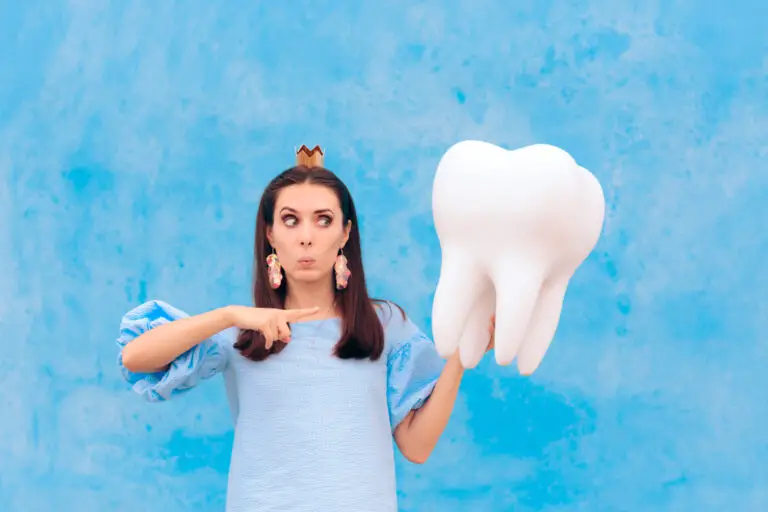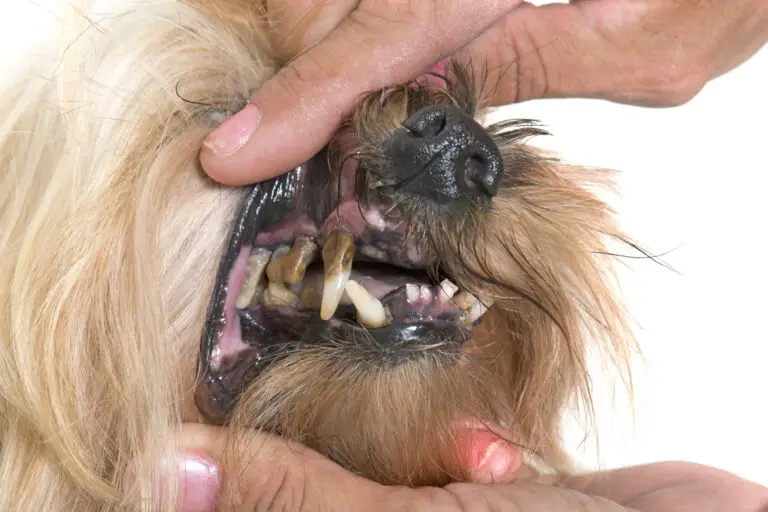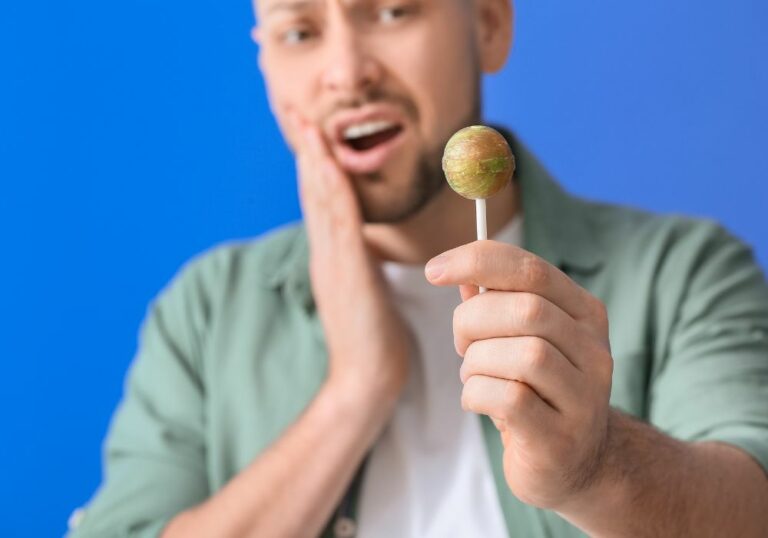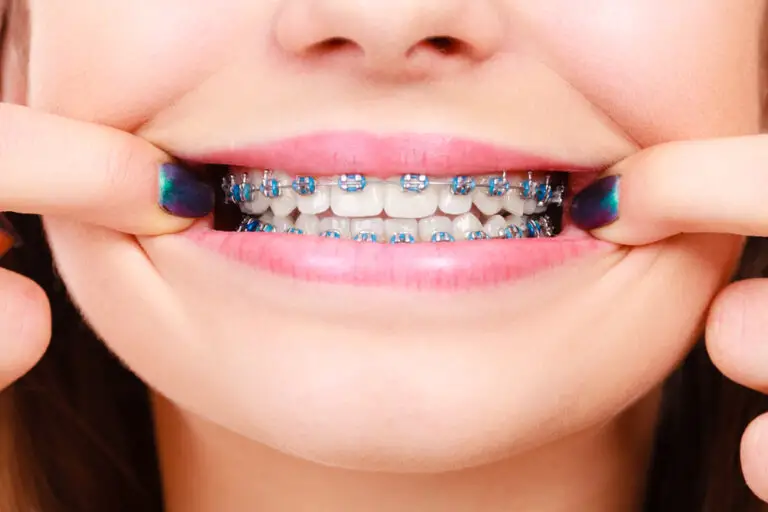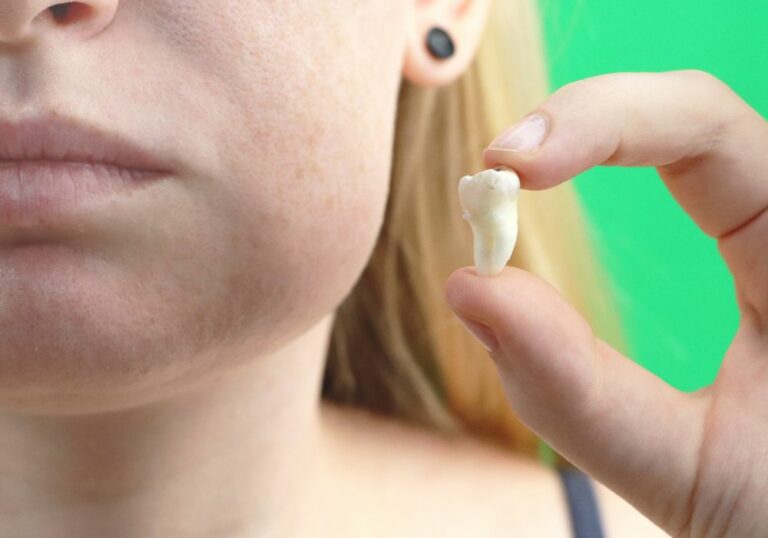Do you ever wonder if your teeth grinding is audible to others? It’s a common concern for those who suffer from bruxism, the medical term for grinding or clenching your teeth. While it’s true that some people may be able to hear the sound of your teeth grinding, it’s not always the case. In fact, many people grind their teeth without making any noise at all.
The sound of teeth grinding can vary from person to person. Some people may make a loud, grinding noise that can be heard across the room, while others may make a soft, almost imperceptible sound. The volume and intensity of the sound can depend on a variety of factors, including the severity of the grinding, the position of your jaw, and the type of surface your teeth are grinding against.
If you’re concerned about the audibility of your teeth grinding, there are a few things you can do to help reduce the noise. One of the most effective ways to reduce grinding noise is to wear a mouthguard while you sleep. This can help cushion your teeth and reduce the impact of grinding, which can in turn reduce the noise. Additionally, practicing relaxation techniques like deep breathing or meditation can help reduce stress and tension in your jaw, which can also help reduce grinding noise.
Understanding Teeth Grinding
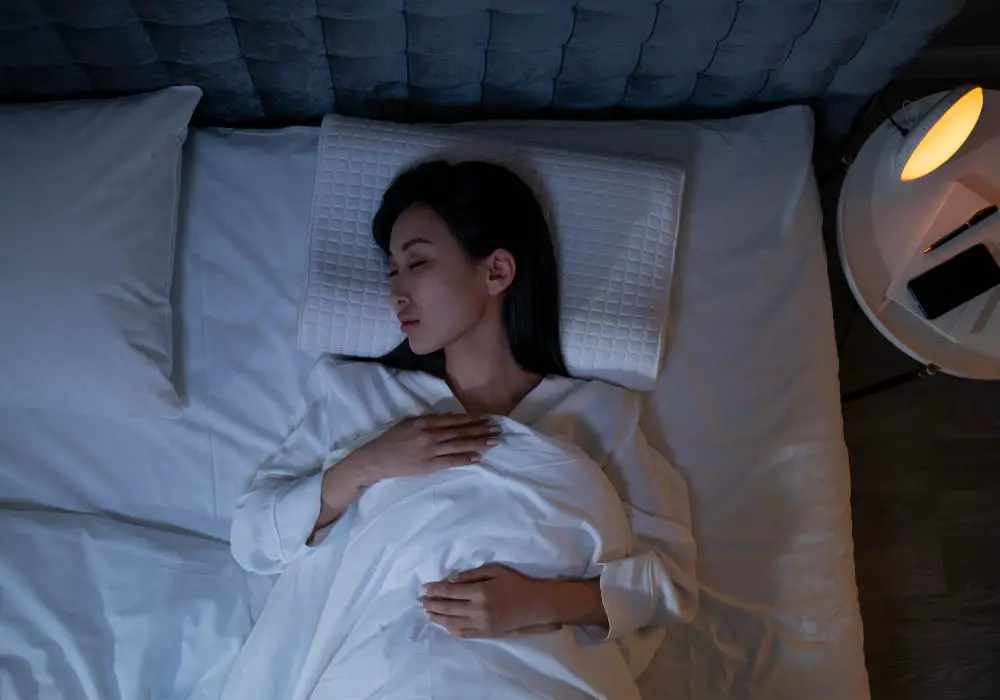
Teeth grinding, also known as bruxism, is a condition in which you grind, clench, or gnash your teeth. This can happen unconsciously while you are awake or during sleep. Teeth grinding can cause damage to your teeth, jaw, and surrounding muscles. In this section, we will explore the causes and symptoms of teeth grinding.
Causes of Teeth Grinding
The exact cause of teeth grinding is unknown, but it is often associated with stress and anxiety. Other possible causes include:
- Abnormal bite
- Sleep disorders
- Medications
- Alcohol and drug use
- Parkinson’s disease
- Acid reflux
If you are experiencing teeth grinding, it is important to identify the underlying cause and address it to prevent further damage.
Symptoms of Teeth Grinding
Teeth grinding can cause a variety of symptoms, including:
- Headaches
- Jaw pain
- Earaches
- Sensitive teeth
- Tooth pain
- Chipped or cracked teeth
- Tired or tight jaw muscles
- Neck and shoulder pain
If you are experiencing any of these symptoms, it is important to talk to your dentist or doctor. They can help you identify the cause of your teeth grinding and recommend appropriate treatment.
In the next section, we will explore the symptoms and treatment of teeth grinding in more detail.
Is Teeth Grinding Audible?

Teeth grinding, also known as bruxism, is a condition in which you grind, gnash, or clench your teeth unconsciously. If you are a teeth grinder, you may clench your teeth when you’re awake or clench and grind them during sleep. One common question people have about teeth grinding is whether it is audible or not.
The answer is yes, teeth grinding can be audible. Teeth grinding presents itself as an audible “popping” or “clicking” noise. It can be fairly faint, but you can hear the noises coming from the person that is teeth grinding. If you suspect yourself as a teeth grinder, have your partner listen carefully for clicking or popping noises when you drift off to sleep.
Teeth grinding can occur during wake and/or sleep and can involve multiple muscles of mastication, including the temporalis, masseter, and pterygoids. The sound of teeth grinding is caused by the physical action of moving teeth back and forth, often resulting in audible sounds.
It’s important to note that teeth grinding can lead to enamel erosion, tooth sensitivity, and other oral health issues if not managed. If you suspect that you are grinding your teeth, it’s essential to seek help from a dentist or healthcare professional. They can help diagnose the cause of your teeth grinding and provide appropriate treatment to prevent further damage to your teeth and overall oral health.
In summary, teeth grinding can be audible, and it’s essential to seek help if you suspect that you are grinding your teeth. With proper diagnosis and treatment, you can prevent further damage to your teeth and maintain good oral health.
Effects of Audible Teeth Grinding
Teeth grinding, also known as bruxism, can be an unpleasant and noisy habit that affects both you and those around you. If you have audible teeth grinding, it means that the sound of your teeth grinding or clenching is loud enough to be heard by others. In this section, we will discuss the effects of audible teeth grinding on sleep quality and social implications.
Impact on Sleep Quality
Audible teeth grinding can significantly impact your sleep quality. The sound of your teeth grinding can wake you up or prevent you from falling asleep, leading to insomnia and daytime sleepiness. Additionally, teeth grinding can cause jaw pain and headaches, which can further disrupt your sleep. If you live with a partner or roommate, your teeth grinding can also disturb their sleep, leading to relationship issues and increased stress levels.
Social Implications
Audible teeth grinding can have social implications, especially in public or quiet settings. The sound of your teeth grinding can be distracting and annoying to others, leading to discomfort and irritation. Additionally, teeth grinding can cause facial muscle tension and pain, which can affect your facial expressions and natural smile. This can make you appear unfriendly or unapproachable, leading to social isolation and decreased self-confidence.
In conclusion, audible teeth grinding can have significant effects on both your sleep quality and social interactions. If you are experiencing audible teeth grinding, it is essential to seek treatment from a dental professional to prevent further damage and improve your quality of life.
Preventing and Treating Audible Teeth Grinding
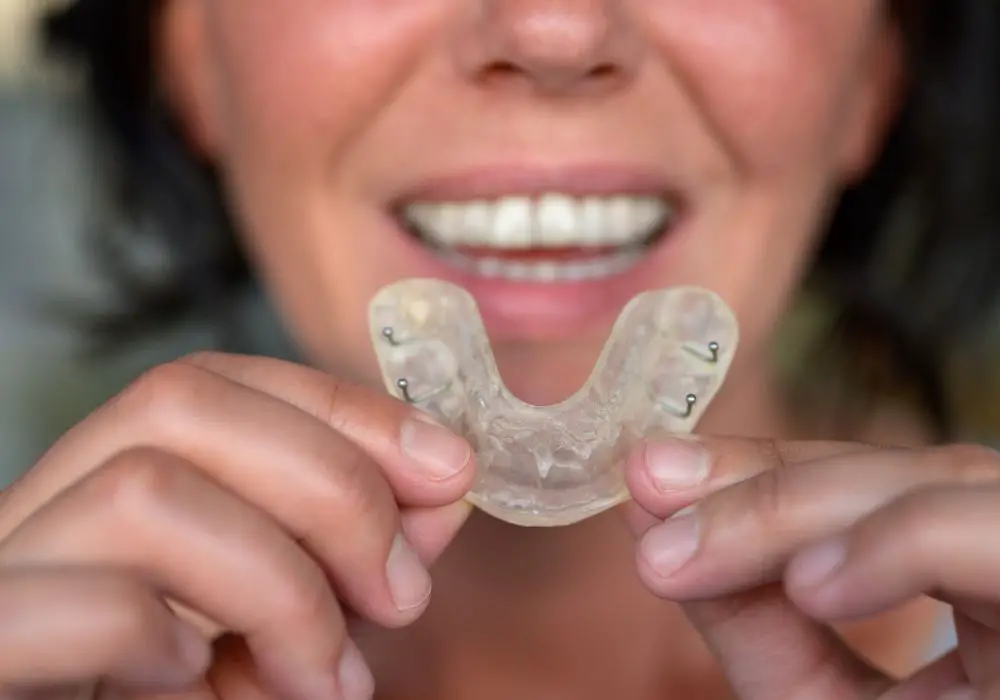
Teeth grinding, also known as bruxism, can be a noisy and disruptive habit that affects not only you but also those around you. If left untreated, it can lead to serious dental problems and even damage your jaw. The good news is that there are ways to prevent and treat audible teeth grinding.
Dental Approaches
Your dentist may recommend a dental approach to treating teeth grinding. This may include:
- Mouthguards: A custom-made mouthguard can be worn at night to protect your teeth from grinding against each other. This can also help to reduce the noise of teeth grinding.
- Dental correction: If your teeth are misaligned or you have an abnormal bite, your dentist may recommend orthodontic treatment to correct these issues. This can help to reduce teeth grinding.
- Medications: In some cases, your dentist may prescribe medication to help relax your jaw muscles and prevent teeth grinding.
Lifestyle Changes
In addition to dental approaches, there are also lifestyle changes you can make to prevent and treat audible teeth grinding:
- Reduce stress: Stress is a common cause of teeth grinding. Finding ways to reduce stress, such as through exercise or meditation, can help to prevent teeth grinding.
- Avoid stimulating substances: Avoiding caffeine and alcohol, especially before bedtime, can help to reduce teeth grinding.
- Relaxation techniques: Practicing relaxation techniques, such as deep breathing or yoga, can help to reduce tension in your jaw muscles and prevent teeth grinding.
- Good sleep habits: Getting enough sleep and maintaining a regular sleep schedule can help to prevent teeth grinding.
In conclusion, audible teeth grinding can be a disruptive and damaging habit. However, there are ways to prevent and treat it, including dental approaches and lifestyle changes. Talk to your dentist if you are experiencing teeth grinding, and consider making some lifestyle changes to help prevent it from happening in the first place.
Frequently Asked Questions
What does teeth grinding sound like?
Teeth grinding can produce a variety of sounds, ranging from a soft humming to a loud grating noise. The sound can be different for each person and can depend on the severity of the grinding.
Can you hear teeth grinding?
Yes, teeth grinding can be audible, especially if it is severe. Grinding can produce a loud noise that can be heard by others, particularly if it happens at night when you are sleeping.
Why do I hear a noise when I clench my teeth?
When you clench your teeth, the pressure can cause your jaw muscles to contract, which can create a clicking or popping sound. This is not the same as teeth grinding, which involves the back-and-forth motion of the teeth.
Can teeth grinding be silent?
Yes, teeth grinding can be silent. Some people grind their teeth without making any noise, particularly if they are only grinding their front teeth.
How to know if you grind your teeth at night?
If you wake up with jaw pain or a headache, it could be a sign that you are grinding your teeth at night. You can also ask your partner or roommate if they have noticed any grinding sounds while you sleep.
What causes teeth grinding?
Teeth grinding can be caused by a variety of factors, including stress, anxiety, sleep disorders, and misaligned teeth. In some cases, it can also be a side effect of certain medications.

